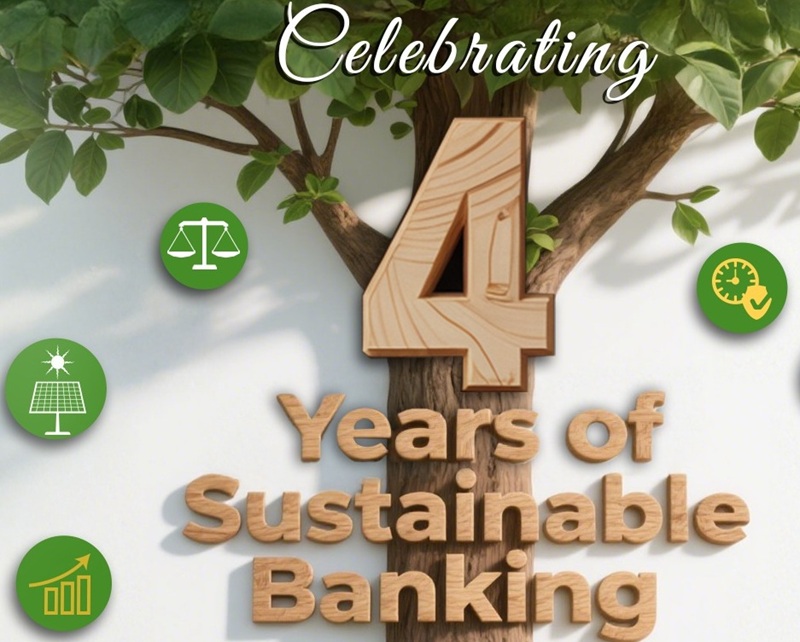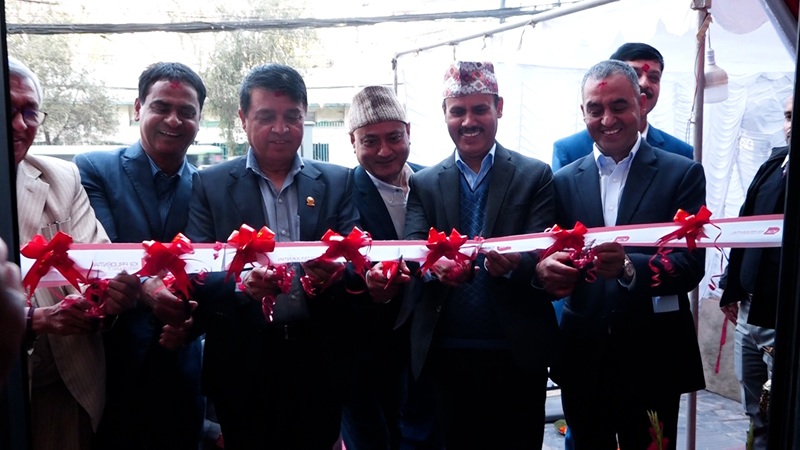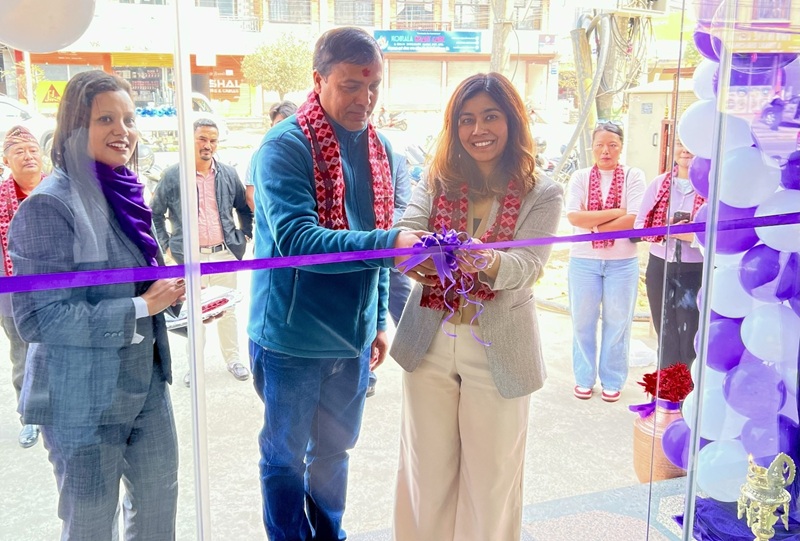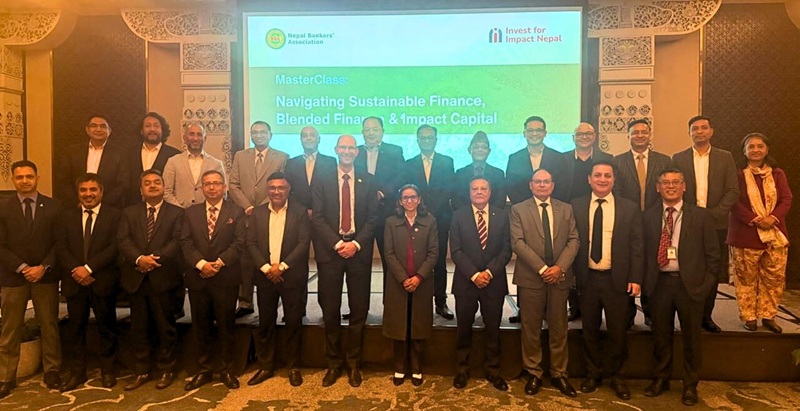Nabil Bank’s Sustainable Banking: A 5-Year Milestone Celebration
29th June 2025, Kathmandu
Nabil Bank’s flagship sustainability initiative, Nabil Sustainable Banking, has entered its fifth year. To celebrate the fourth anniversary of this milestone, the bank is celebrating ‘Nabil Green Week’ from Asar 15 to 21 (June 29 to July 5, 2025), featuring a series of expert-led sessions and stakeholder engagements focused on sustainable finance and environmental stewardship.
Nabil Bank’s Sustainable Banking
The week-long webinar series, beginning today, features thought leaders from Nabil Bank, GIZ Nepal, and Simple Energy Pvt. Ltd, BYD, CG Motors, and include ESG experts and agricultural innovators.
The program aims to foster dialogue around key themes such as rooftop solar solutions, electric mobility, sustainable agriculture, and ESG-aligned investments.
Since the launch of Nabil Sustainable Banking in 2021, the Bank has strategically aligned its operations with Sustainable Development Goals (SDGs), embedding principles of environmental responsibility, inclusive growth, and ethical governance into its core business strategy. According to the bank, sustainability has become a key driver of Nabil Bank’s long-term vision.
Under this initiative, the bank has achieved significant milestones. To date, it has facilitated a reduction of approximately 11,172 metric tons of greenhouse gas emissions through investments in renewable energy, in line with the global standards of the Partnership for Carbon Accounting Financials (PCAF).
It has financed 43 hydropower projects with a combined capacity of 3,070 megawatts across 21 districts, and extended support to over 46,000 individuals through targeted financing in agriculture, electric vehicles, and women-led enterprises.
As of the last fiscal year, Nabil Bank has disbursed Rs. 45.38 billion in agricultural financing, Rs. 31 billion in hydropower and energy, and Rs. 25.01 billion to micro, small, and cottage industries. Notably, 42.36% of its auto loan portfolio is allocated to electric vehicles.
The bank has also invested Rs. 543 million under its corporate social responsibility (CSR) initiatives and installed renewable energy systems in 13 of its branches and office buildings.
With an emphasis on digital transformation, Nabil Bank now serves more than 1.6 million users through its digital banking platform nBank. Additionally, it has provided financial literacy training to 7,590 individuals, supporting a more informed and financially resilient society.
Through impactful campaigns such as Women in Motion, You Matter, Your Voice Matters, Ghar Ta Nepal, Digo Paila, and Nabil Green Week, the bank has continued to build meaningful connections with communities and stakeholders.
The Nabil School of Social Entrepreneurship (Nabil SSE) has trained 901 participants, out of which 133 have launched enterprises, generating employment for over 1,200 individuals.
Nabil’s commitment to sustainability extends across various innovative banking products and services. These include the Nabil Skilled Migrant Entrepreneurship Loan, Nabil Sustainable Savings Account, Nabil Agriculture Loan, and Nabil Entrepreneurial Loan—each designed to support inclusive, environmentally friendly economic opportunities.
The bank has invested in projects related to renewable energy, energy efficiency, water conservation, and waste-to-energy solutions. At its central office, a rainwater harvesting system has been installed, collecting over 262,804 liters of water annually.
Launched on Asar 15, 2078 (June 29, 2021), coinciding with National Paddy Day, Nabil Sustainable Banking reflects the bank’s long-standing dedication to responsible finance.
As Nepal’s leading private sector bank, Nabil remains committed to driving sustainable development and innovation in banking. Currently, it serves over 2.4 million customers through a robust nationwide network of 268 branches and 320 ATMs.
For more: Nabil Bank’s Sustainable Banking







